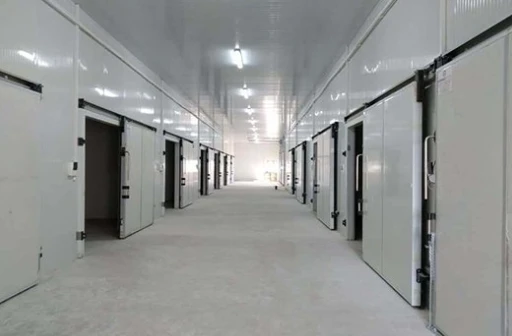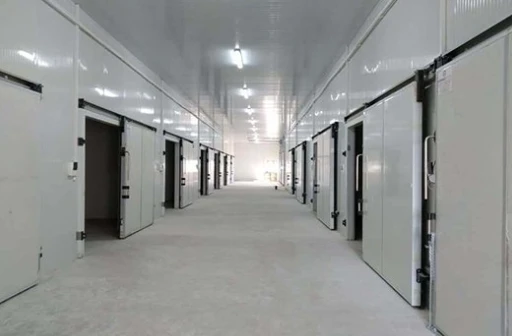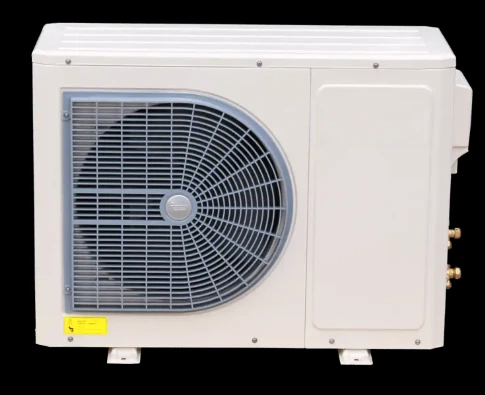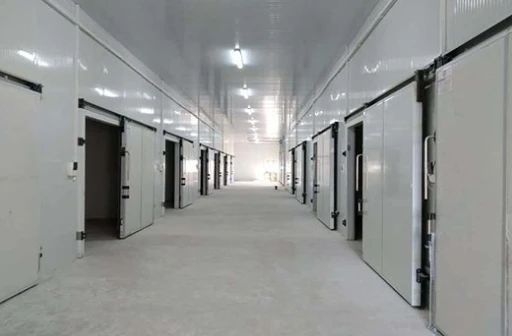Efficient Cooling Solutions: Unveiling the Power of Water Chillers
Water chillers stand as stalwart guardians of temperature control in a myriad of industries, quietly but effectively ensuring that processes run smoothly and environments remain comfortable. As versatile and efficient cooling solutions, water chillers play a vital role in preserving product integrity, enhancing productivity, and minimizing energy consumption. In this article, we'll delve into the remarkable efficiency of water chillers and their indispensable role in modern cooling solutions.
- Understanding Water Chillers:
Water chillers are refrigeration systems designed to remove heat from water or other fluids, maintaining desired temperatures for various industrial and commercial applications. They employ the principles of thermodynamics to absorb heat from a process or environment and transfer it elsewhere, typically utilizing a refrigeration cycle.
- The Power of Efficiency:
Efficiency lies at the core of water chiller systems, driving their ability to deliver precise and reliable cooling while minimizing energy consumption. By efficiently transferring heat away from targeted areas, water chillers help optimize processes, enhance productivity, and reduce operational costs.
- Versatility Across Industries:
Water chillers find widespread applications across diverse industries, including manufacturing, food and beverage, pharmaceuticals, HVAC, and data centers. Whether it's cooling machinery, maintaining product integrity, or creating comfortable indoor environments, water chillers play a crucial role in ensuring optimal conditions.
- Types of Water Chillers:
Water chillers come in various types to suit different applications and environments. Common types include air-cooled chillers, which dissipate heat using ambient air, and water-cooled chillers, which utilize water for cooling. Additionally, there are absorption chillers, centrifugal chillers, and scroll chillers, each with unique features and benefits.
- Environmental Impact:
Beyond their efficiency in cooling operations, water chillers also contribute to environmental sustainability. Modern water chiller systems incorporate eco-friendly refrigerants and energy-saving technologies, reducing greenhouse gas emissions and minimizing ecological footprints.
- Maximizing Efficiency:
To maximize efficiency, it's crucial to select the right water chiller system for specific needs and applications. Factors such as cooling capacity, energy efficiency, reliability, and maintenance requirements should be carefully considered when choosing a water chiller system.
- The Future of Cooling Solutions:
As technology continues to advance, water chillers will play an increasingly pivotal role in shaping the future of cooling solutions. Innovations in smart controls, eco-friendly refrigerants, and modular designs are driving the evolution of water chiller systems, further enhancing their efficiency and versatility.
In conclusion, water chillers exemplify efficient cooling solutions that power various industries with precision, reliability, and sustainability. By unveiling the power of water chillers, we recognize their indispensable role in modern cooling applications and their potential to drive innovation and progress in the years to come.






